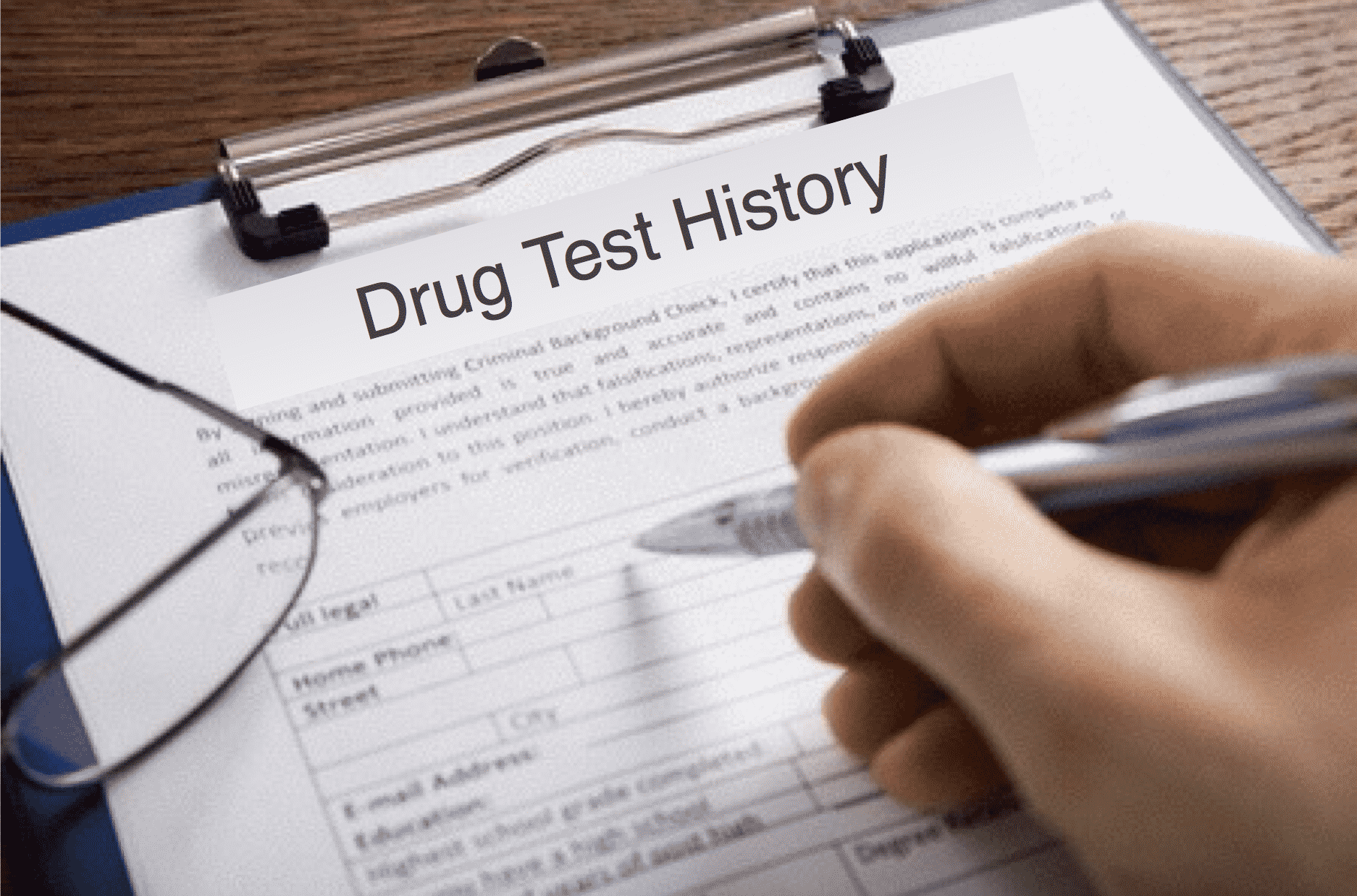If it’s a truck driver, it’s your responsibility to find out.
Many employers make an offer of employment contingent upon the results of a criminal background check and drug test. If the candidates pass, they’re hired.
Employers regulated by the U.S. Department of Transportation, however, have another important requirement.
First, you must ask the new hire if s/he has tested positive (or refused) any pre-employment drug or alcohol test in the last two years, and document that conversation.
Second, you must request test records from any former employers from the last two years.
But he passed our pre-employment test. Why do I need to do all that?
If a driver fails a drug or alcohol test (or refuses to test) he is immediately suspended from duty and has a whole lot of hurdles to clear before returning to duty. If he does not complete the process, he is not eligible to drive, and both driver and employer are subject to enormous fines.
And if this all happened at the last job, you probably don’t know about it. So you need to ask.
It’s not about passing drug tests. It’s about safety.
Return To Duty
Briefly, here is what the RTD process looks like:
- The driver must see a substance abuse professional (SAP) who is certified to manage DOT violations. The SAP prescribes treatment, and the employee must comply and complete the SAP’s requirements.
- Then, the driver must complete and pass a Return-to-Duty drug test (and often, breath alcohol test). The RTD drug test is directly observed, which means the collector watches.
- Only if the drivers complete and pass the RTD test may they return to duty.
But …
The drivers are then subject to a number of Follow-Up tests for up to five years. The number of tests is determined by the SAP, AND, the current employer is responsible for making sure all tests are completed and the driver passes each test.
One of our DOT client’s employees was recently assigned 10 Return-to-duty drug and alcohol tests in year one, with more to follow during the next four years.
If you are the new employer, you may be inheriting this responsibility.
That’s why you need to ask!
What about non-regulated employers? Can they ask too? Should they?
Employers, of course, are responsible for providing a safe workplace.
One way to contribute to safety is to have a substance-free workforce. That’s why many employers drug test new hires and many random test existing workers.
“You can ask a candidate’s former employer for past drug test records, but it’s possible that the former employer may not be forthcoming. And asking the former employer OR the candidate for this type of information is not without risk,” says Sheryl Jaffee Halpern, Chair of the Labor and Employment practice group at Much Shelist in Chicago.
If you ask about drug use history, she explains, you may learn that the candidate holds a medical marijuana card. The risk arises because you are also learning that the candidate has a health condition (for which the card was issued). “If you do not hire the candidate, you run the risk of a claim of disability discrimination,” she adds.
Similarly, Sheryl mentions, if the candidate discloses that he is a recovering addict, has completed a supervised rehabilitation program, and is no longer using illegal drugs, the candidate is protected under the Americans With Disabilities Act. This, again, presents the risk of a discrimination claim if you decide not to hire him.
That said, if the candidate’s role is safety-sensitive, then current or past drug use may be relevant to the position (i.e. it is “job-related”), and the benefit of learning about the candidate’s current or prior drug use or abuse before placing him in that safety-sensitive role may outweigh the risk of a discrimination claim. Certainly you should ask Sheryl or another employment attorney before implementing such a process.
How do you keep track of it all?
It’s hard. Most employers have a whole lot of other things to do too! The good news is, there are resources like InOut Labs that provide drug testing services, as well as hand-holding when those difficult situations arise. For companies that employ drivers with Commercial Drivers Licenses (CDLs), InOut Labs offers a Compliance Manual, that includes many of the forms and documents you need to stay in compliance with DOT substance abuse programs.

